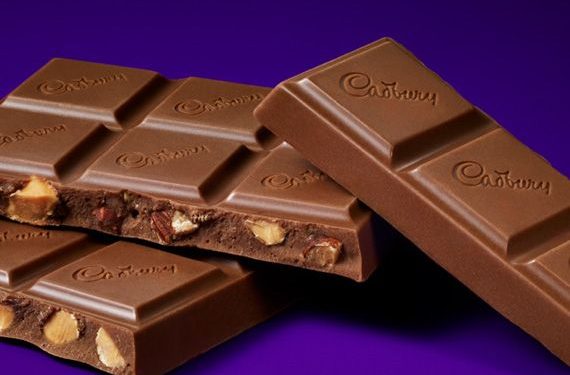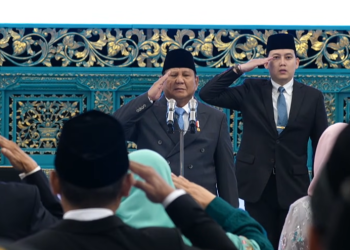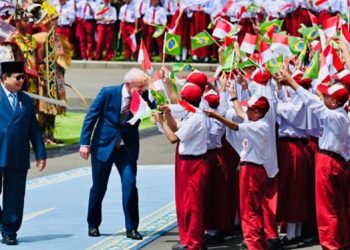Jakarta, Indonesia Sentinel — King Charles III has ended the Royal Warrant for iconic chocolate maker Cadbury, removing the brand from the prestigious list of suppliers to the British royal household for the first time in 170 years. The royal warrant allows companies to display the royal coat of arms on their packaging, symbolizing official recognition as suppliers to the monarchy.
The Birmingham-based company, Cadbury, first received its royal warrant from Queen Victoria in 1854 as a supplier of cocoa and chocolate.
The decision came after King Charles announced the second set of royal warrants under his reign last week. While brands such as Heinz, Nestlé, and retailer John Lewis retained their warrants, Cadbury and consumer goods giant Unilever were notably absent.
According to CNN, the updated list excluded Cadbury, which had held the royal warrant since the 19th century. Similarly, Unilever, another major British brand, was also removed.
Cadbury and Unilever Respose
Mondelez International, the parent company of Cadbury, expressed disappointment over the decision. “While we are disappointed to be among the hundreds of businesses and brands in the UK that did not receive a renewed royal warrant, we are proud to have held one previously, and we fully respect the decision,” a Mondelez spokesperson said, as reported by BBC.
Unilever echoed similar sentiments, stating, “We are immensely proud of our long-standing history of supplying the royal household and the royal warrants we have received, most recently from Her Majesty Queen Elizabeth II.”
King Charles renewed royal warrants for 386 companies previously recognized under Queen Elizabeth II, including prominent names such as John Lewis, Heinz, and Nestlé. These warrants, typically valid for up to five years, are granted to businesses supplying goods or services to the royal household.
The updated list also includes luxury food and beverage brands such as Moët & Chandon, Weetabix, and chocolate makers Bendicks and Prestat Ltd.
Companies holding royal warrants are permitted to display the royal coat of arms on their products, advertising materials, and official stationery.
Royal Warrants Terminations
In line with royal protocol, no official reason was given for the termination of warrants for the two brands. However, both Unilever and Cadbury’s parent company, Mondelez, have faced criticism from the Ukrainian government for continuing business operations in Russia following the 2022 military invasion.
Earlier this year, King Charles faced pressure from the advocacy group B4Ukraine to revoke warrants from companies continuing operations in Russia following the invasion of Ukraine. Mondelez and Unilever were among the companies named in that campaign.
King Charles’ decision came six months after the activist group B4Ukraine sent an open letter in June 2024 urging the king to revoke the warrants, although there is no evidence linking the letter to the decision.
The group stated, “The continued presence and financial contributions of these companies in Russia only serve to prolong the brutal war against Ukraine.”
Effect of the Removal
Professor David Bailey from the Birmingham Business School noted that the removal of Cadbury’s royal warrant could increase production costs as the company will need to remove royal branding from its packaging.
Bailey explained that the royal warrant serves as a significant ‘seal of approval’ and carries substantial economic value.
Honda and Nissan Announce Merger in 2026, Chinese EV Domination?
“British companies gain considerable prestige and recognition from holding such a warrant. What’s the point of a royal warrant if not to support jobs and production in the UK,” Bailey said, as reported by BBC.
Therefore, the removal of Cadbury’s royal warrant marks the end of a 170-year chapter in the brand’s storied history with the British monarchy, underscoring the evolving priorities and scrutiny surrounding royal endorsements in an increasingly complex global landscape.
(Raidi/Agung)
























